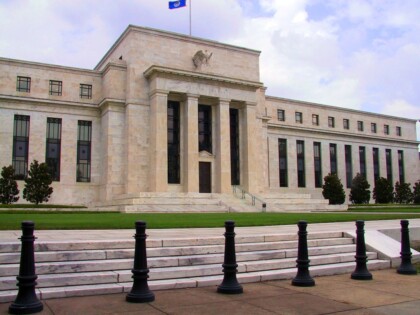
Earlier this month, the results of a bitcoin-focused payroll solution provider BitWage poll were released which showed that nearly half of bitcoin-friendly businesses were interested in paying their staff members’ salaries in bitcoin. Ten percent were already paying their employees in bitcoin, but a lot of firms were only willing to do so if their employees would inquire about it.
Businesses in Switzerland may refrain from doing so after a damning report was published this week.
A new report entitled “The Legality of Wage Payment in Bitcoin under Swiss Labour Law” concludes that such a business practice would not be legal under Swiss law. Authored by Swiss Socialist Party member Jean Christophe Schwaab, who warned about the dangers of the virtual currency in December, the report noted that there could be vast consequences of allowing such a measure.
“According to Swiss labour law, it is lawful to pay all or part of wages in kind or in foreign currency, provided that the amount paid matches the amount in Swiss franc contractually agreed by the parties or required by the collective labour agreement,” Schwaab told CoinDesk this week. “However, the payment of wages in kind or in foreign currency must not cause a postponement of economic risk on the worker, because this risk must in all cases be borne by the employer.”
Schwaab argued that volatility in the price of bitcoin is one of the main concerns because it cannot be allocated from employer to employee, according to Switzerland’s Federal Act on the Amendment of the Swiss Civil Code. His main premise is the fact that due to the fluctuations in price then employees wouldn’t be able to determine their income in advance.
The discussed regulation requires salary payments must be maintained in its value for at least one month following the payment. In addition, Swiss workers are unable to waive this right because the rules are mandatory.
However, bonus payments in bitcoin are lawful. For instance, a company would be entirely permitted to give their staff year-end bonuses in bitcoins or any other digital currency.
The Swiss government and the central bank have been actively involved in the peer-to-peer decentralized digital currency. It was reported this month that the Swiss Financial Market Authority (FINMA) recently modified its Collective Investment Schemes Ordinance because it is assessing bitcoin’s role in the overall economy.
FINMA noted that Swiss bitcoin users could be breaking the law if they decide to buy, sell, trade or invest in the virtual currency, whether they intend to or not. In this case, FINMA is urging potential investors to perform necessary research prior to acquiring or investing in bitcoin-related activities.
At the time of this writing, bitcoin is trading at around $450.







